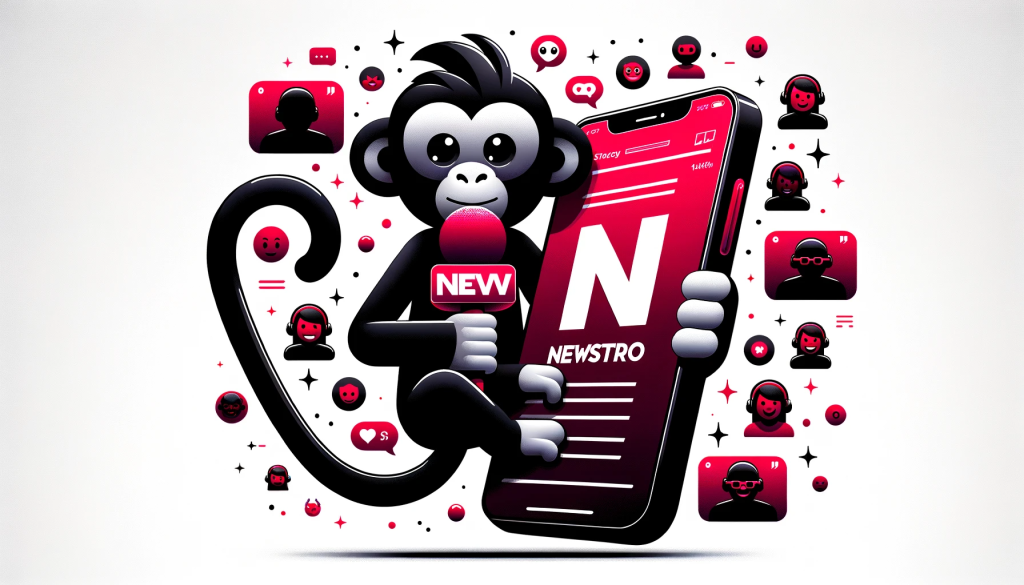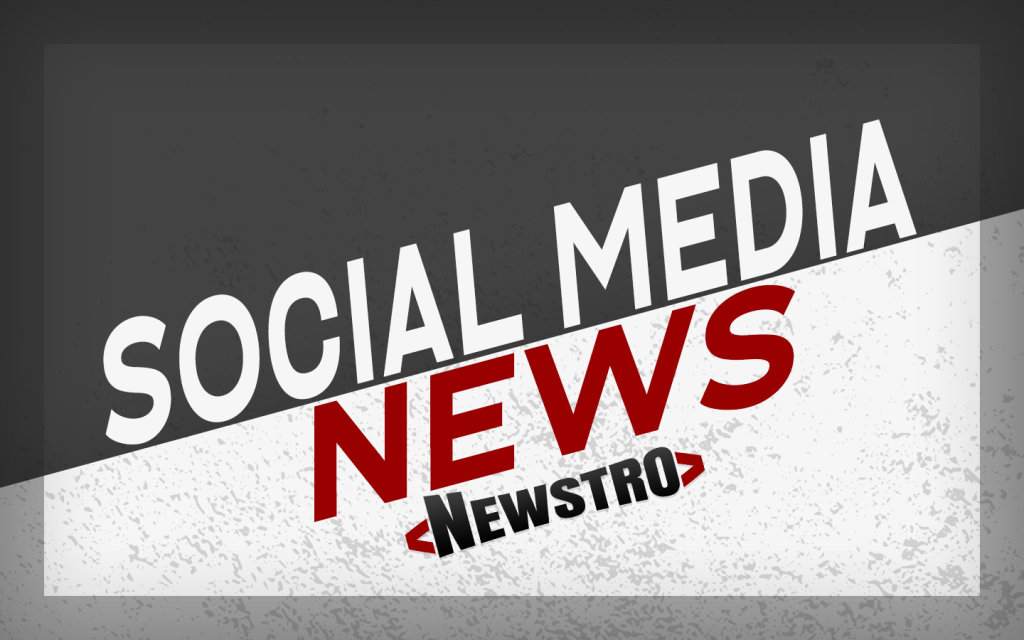TikTok is actively removing videos that promote Osama bin Laden’s 2002 letter, which justifies the 9/11 attacks. This enforcement aligns with TikTok’s policies against terrorism-related content.
Quick Facts
- Proactive Removal: TikTok is actively and aggressively removing videos promoting Osama bin Laden’s letter, stating such content violates its anti-terrorism policies.
- Widespread Attention: The hashtag #lettertoamerica gained traction, accumulating over 10 million views before TikTok blocked it, reflecting the content’s rapid spread.
- Guardian’s Response: Following the resurgence of interest in the letter, Guardian News and Media removed the transcript from their website, redirecting readers to the original contextualizing article.
Recent developments on TikTok have spotlighted the platform’s swift action against content that violates its policies. Videos promoting Osama bin Laden’s “Letter to America,” originally published on The Guardian’s website, have been aggressively taken down by TikTok. This aligns with the company’s commitment to curbing the spread of content that could be interpreted as endorsing terrorism.
The phenomenon of these videos gaining attention, particularly during the recent Israel-Hamas conflict, raises questions about social media’s role in disseminating historical documents and the context in which they are shared. TikTok’s response underlines the challenges platforms face in balancing the open sharing of information with the responsibility to prevent the spread of harmful ideologies.
Guardian News and Media’s decision to remove the letter from their website further emphasizes the complexities involved in the digital age of information sharing. As historical documents find new life on social media, the responsibility of media outlets and platforms in managing this content becomes increasingly pertinent.
For Further Reading
| Internet Censorship | Internet censorship involves the control or suppression of what can be accessed, published, or viewed on the internet. It ranges from blocking specific websites to monitoring or restricting access to certain content. More information on this topic can be found on the Wikipedia page about Internet Censorship. |
Q&A Section
Q: What was the content of the videos TikTok removed?
A: The videos promoted Osama bin Laden’s 2002 letter, which justified the 9/11 attacks, a violation of TikTok’s policies against terrorism-related content.
Q: Why did The Guardian remove the letter from their website?
A: The Guardian removed the letter due to its widespread sharing on social media without proper context, opting to direct readers to the original article that contextualized it.
Q: How did TikTok respond to the spread of these videos?
A: TikTok proactively and aggressively began removing these videos, as they were in violation of the platform’s rules against promoting any form of terrorism.
Original Article: The Guardian – TikTok ‘aggressively’ taking down videos promoting Bin Laden letter




